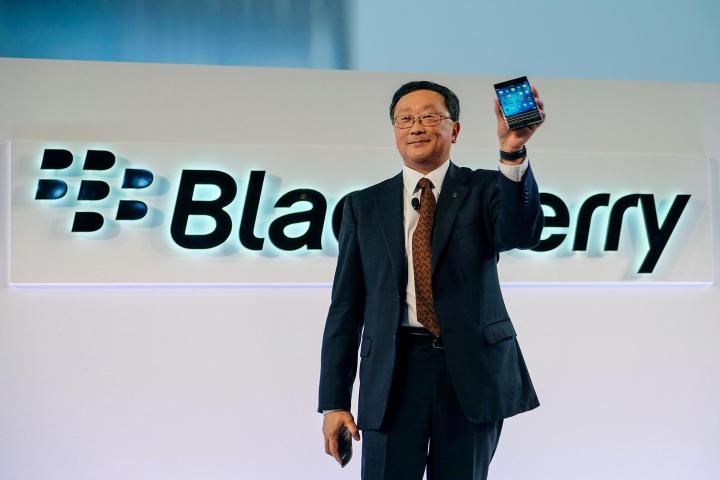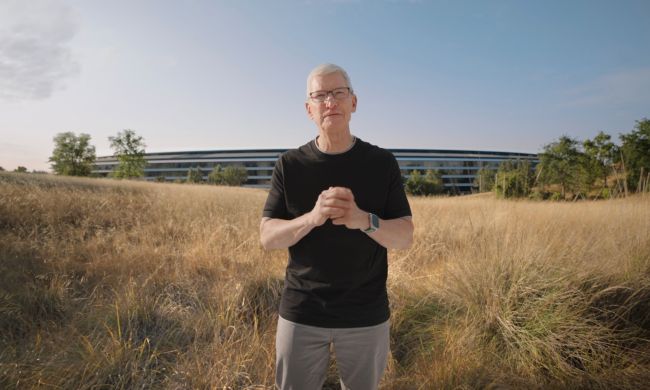
Fielding questions at the BlackBerry Security Summit in New York City, Chen took issue with the way Apple put up walls when the FBI wanted the company to crack open an iPhone 5C that belonged to Syed Farook, one of the two terrorists who carried out the San Bernardino attack in December that killed 14 people and seriously injured another 22.
Because the iPhone 5C’s password was remotely reset by the San Bernardino County Department of Health, the FBI was not able to access the phone’s data and, as a result, it turned to Apple to create a unique version of iOS that would allow entry. Apple CEO Tim Cook took issue with the request, equating the creation of such a version to the creation of a backdoor, something the company considered “too dangerous to create.”
According to Chen, Apple’s response to the ordeal did not satisfy the “civil responsibility” BlackBerry’s CEO believes every company must have.
“One of our competitors, we call it ‘the other fruit company,'” has an attitude that it doesn’t matter how much it might hurt society, they’re not going to help,” said Chen. “I found that disturbing as a citizen. I think BlackBerry, like any company, should have a basic civil responsibility. If the world is in danger, we should be able to help out.”
Interestingly, Chen slightly altered the conversation, saying there need to be “clear guidelines” in place in order to assume that civil responsibility.
“The guidelines we’ve adopted require legal assets. A subpoena for certain data,” said the executive. “But, if you have the data, you should give it to them.”
Even though Chen was not thrilled with how Apple refused to help the FBI, the executive did say that he opposes the idea of legislation forcing companies to create backdoors into their devices.
“There’s proposed legislation in the U.S., and I’m sure it will come to the E.U., that every vendor needs to provide some sort of a backdoor,” Chen was quoted as saying. “That is not going to fly. It just isn’t.”
This is not the first time Chen chastised Apple for a lack of cooperation. In December, Chen threw the company quite a bit of shade when it refused to help unlock a meth dealer’s iPhone in New York City. In that blog post, Chen said that companies should offer assistance if government officials want access to a criminal’s encrypted data.
“We are indeed in a dark place when companies put their reputations above the greater good,” wrote Chen at the time.


